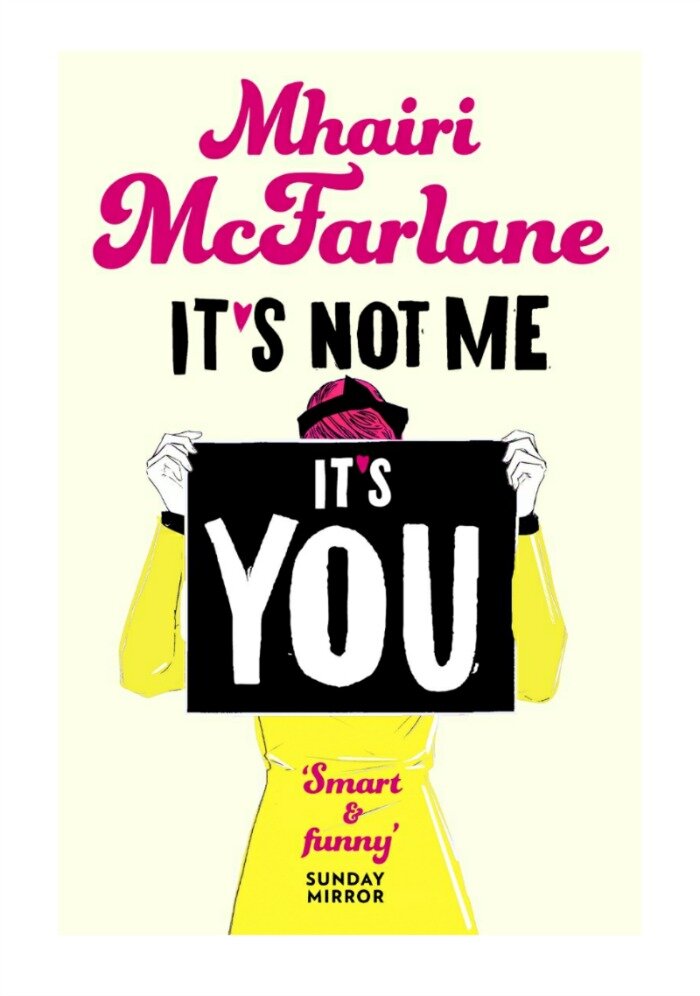Samantha Whipple is the last remaining descendent of the Brontë family, a connection she isn’t exactly thrilled about. Following the death of her father, it falls on Samantha to protect the Brontë legacy. A legacy the world assumes includes a grand inheritance, an abundance of diaries, paintings, letters, and early novel drafts passed down from the Brontë family. Samantha has never seen this alleged estate; to her it is as fictional as the Brontë novels themselves.
Everything changes when Samantha moves to the UK to attend Oxford. Objects from her past start turning up in mysterious circumstances, novels belonging to her father that should have been destroyed in the fire that killed him. Samantha soon finds herself on a scavenger hunt, where her only clues are hidden in the pages of the Brontë novels.
Things I like about The Madwoman Upstairs; the literary theory that is dotted throughout the story. The discussions about the role of the reader versus the author in interpreting literature are fascinating and thought-provoking. I could happily have read many more of these.
Things I dislike about The Madwoman Upstairs; I’ve never been to Oxford, but this reads like a one dimensional portrayal of the place written by an author who hasn’t been there either. Yes, we’re supposed to be experiencing things through Samantha’s eyes as she explores Oxford for the first time but this is all surface level stuff. There is nothing to make you feel like you are actually there.
The relationship between Samantha and her professor, Dr. James Orville III, is frustrating in the extreme. It’s also damaging. It’s emotionally abusive, except we’re not supposed to see it like that because it’s romantic. Their relationship is very Brontë-esque, but that’s not an ideal to strive for.
There is no denying The Madwoman Upstairs is a page-turner. A frustrating one, but a page-turner nonetheless.
I don’t use affiliate links, but if you like what I do you can show your support by buying me a coffee here.



















